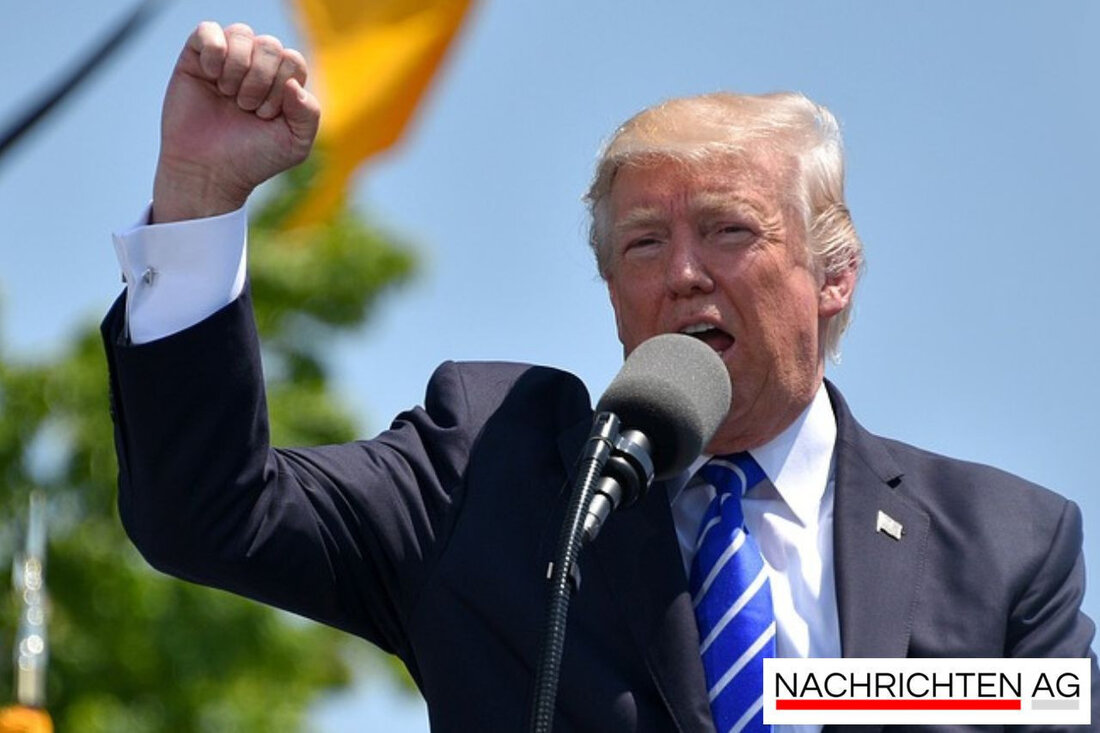Trump's tariffs tilts: US court declares customs policy to be unconstitutional!

Trump's tariffs tilts: US court declares customs policy to be unconstitutional!
New York, USA - On May 29, 2025, a US federal court ruled that the tariffs imposed by President Donald Trump are largely illegal. In a significant judgment, it was found that Trump has no authority to unilaterally collect tariffs to almost all countries. The court picked up these tariffs and permanently prohibited their application, which could have far -reaching consequences for the trade relationships of the United States. This decision was made as part of a lawsuit by small US companies that were directly affected by the tariffs.
The three judge comprehensive committee of the U.S. Court of International Trade unanimously decided that the U.S. Constitution assigned the congress to the exclusive powers to regulate trade with other countries. According to the court, Trump exceeded his powers with his appointment to the International Emergency Economic Powers Act from 1977 (IEPA). The Ieppa only allows the President to issue economic sanctions during a national emergency, but not to receive unlimited customs for customs for customs for customs, which the judges considered unconstitutional welt.de reports that ... .
Litigation and effects
The decision that Trump's 'Liberation Day' tariffs affected that had been announced in early April 2025 could represent a turning point in the US customs policy. Trump's tariffs, which he originally issued to reduce the trade deficit, have so far only led to a downgrade of the economic prospects, but had hardly any noticeable effects on the US economy. Several lawsuits against the tariffs form a legal environment that increasingly challenges the Trump administration and aims at various customs announcements that meet back by February 2025 The Hille reports that … .
The verdict not only blocks the tariffs on imports from Canada, Mexico and China, but also questions the United States' negotiating power in future trade talks. The Trump administration has already appealed against this decision, which indicates a continuing legal conflict. The judge Timothy Reif, one of Trump, was one of the decision -makers and thus underlined the importance of judge independence in such matters.
Current customs talks with the EU
In parallel to these developments, discussions between Trump and the EU Commission President Ursula von der Leyen took place on May 25, 2025. These discussions follow the termination of negotiations on customs policy on May 22nd. Trump had announced that the negotiations are being extended by July 9, as the EU threatened to react to US tariffs that could come into force from June 1, 2025. A proposed flat-rate customs of 50 % on EU imports may come into force if no progress is made [^3]The EU has in turn made offers for de -escalation. These include customs cuts on non-sensitive industrial goods and increased imports of US liquid gas and soybeans. The EU also plans to take countermeasures if the conversations should fail, which could further complicate trade relationships internationally. Possible counter-tariffs are under discussion of up to 108 billion USD, which could be used again in response to the US tariffs ahk-usa.net reports that ... .
With today's judgment and the upcoming discussions about tariffs, it becomes clear that trade policy faces major challenges both in terms of domestic and internationally. It remains to be seen how the legal and diplomatic fronts will develop.
| Details | |
|---|---|
| Ort | New York, USA |
| Quellen | |
